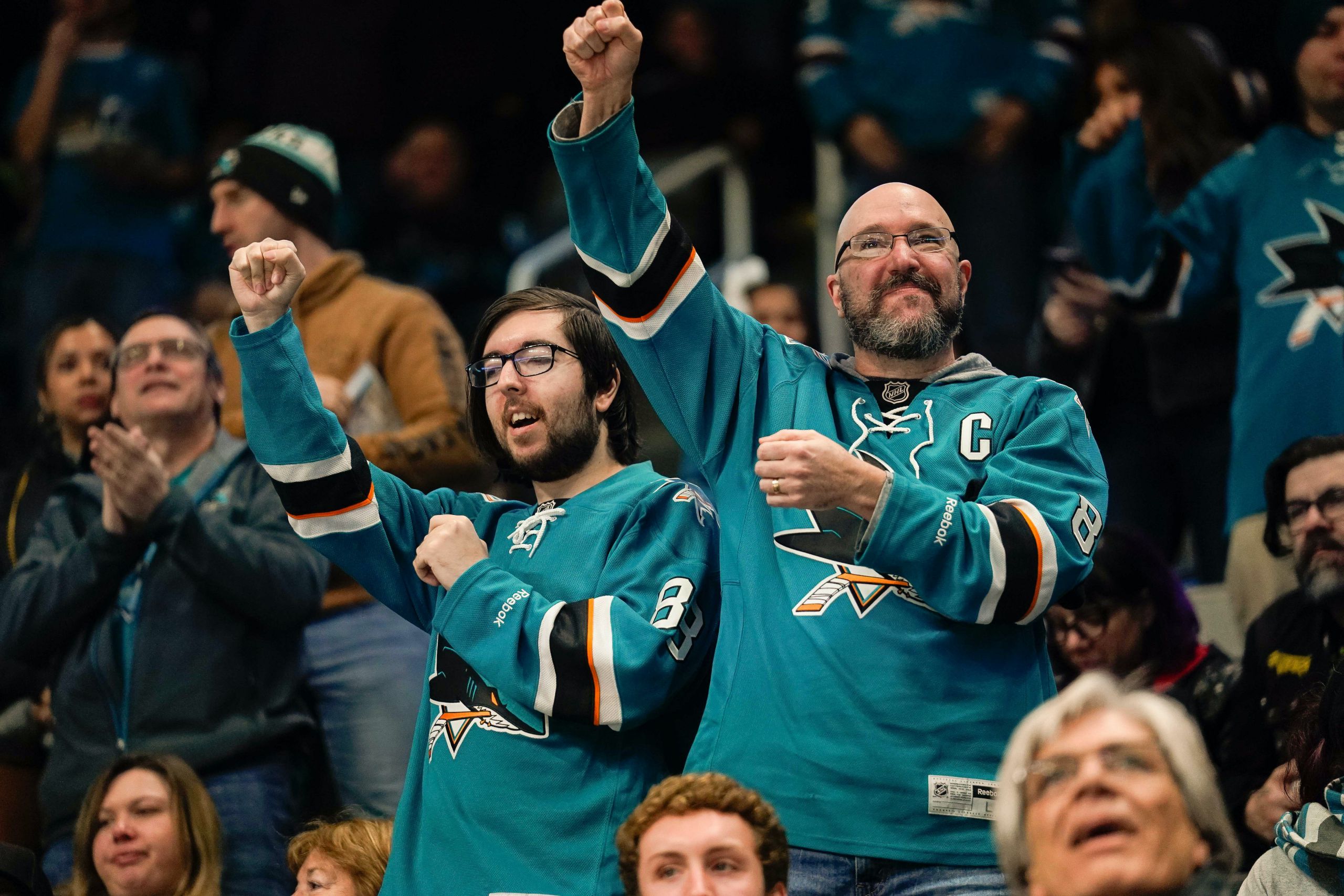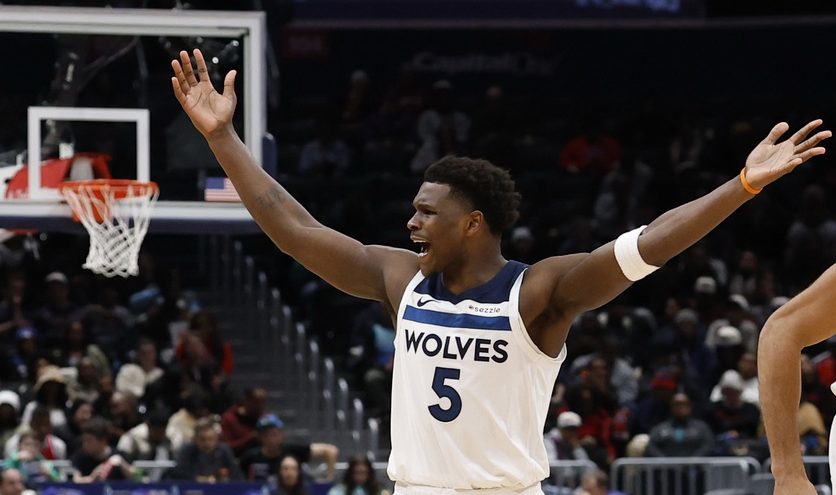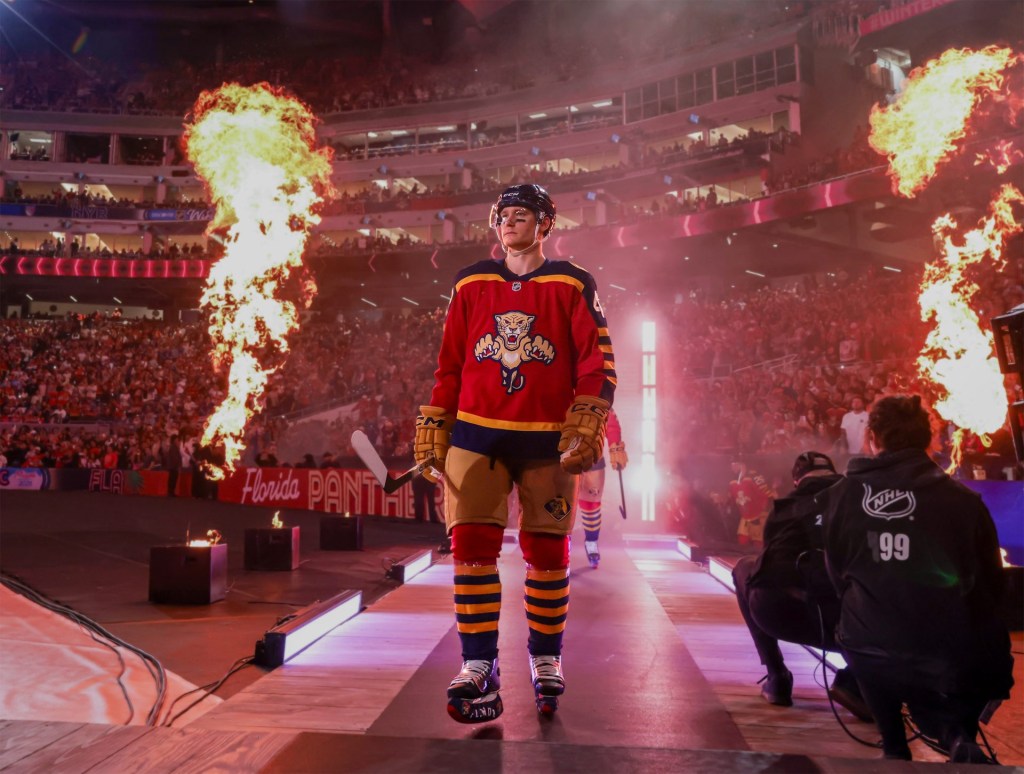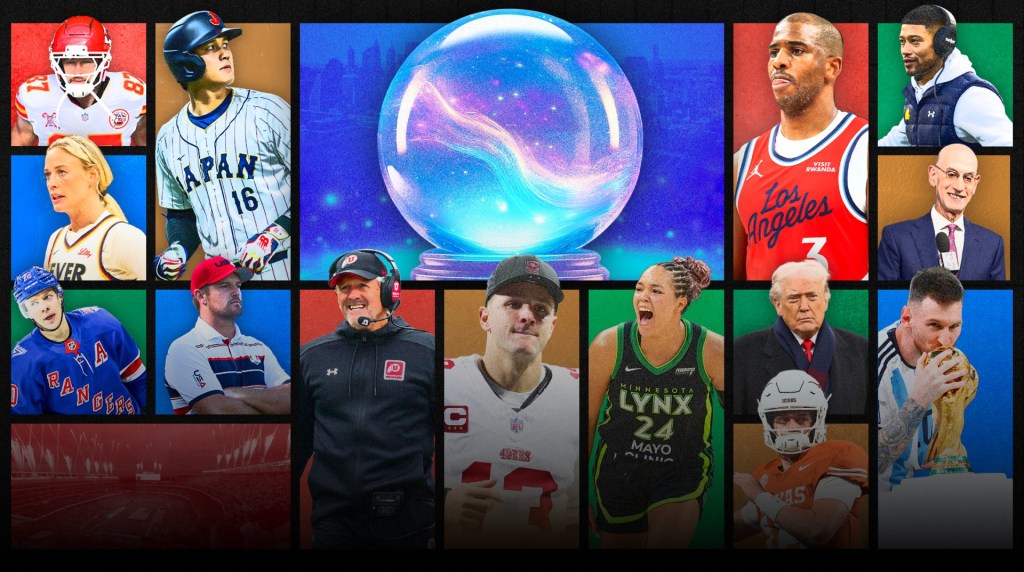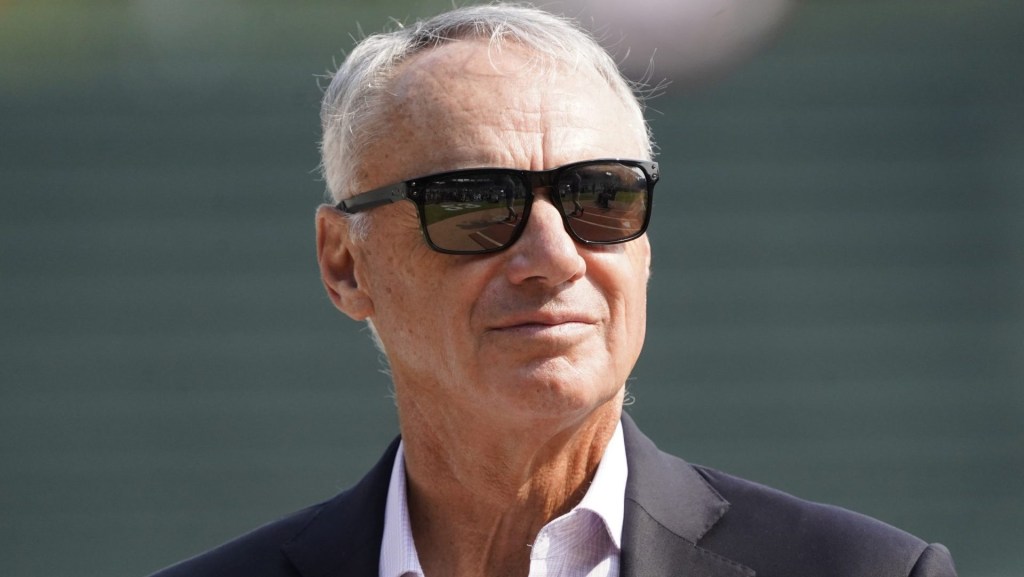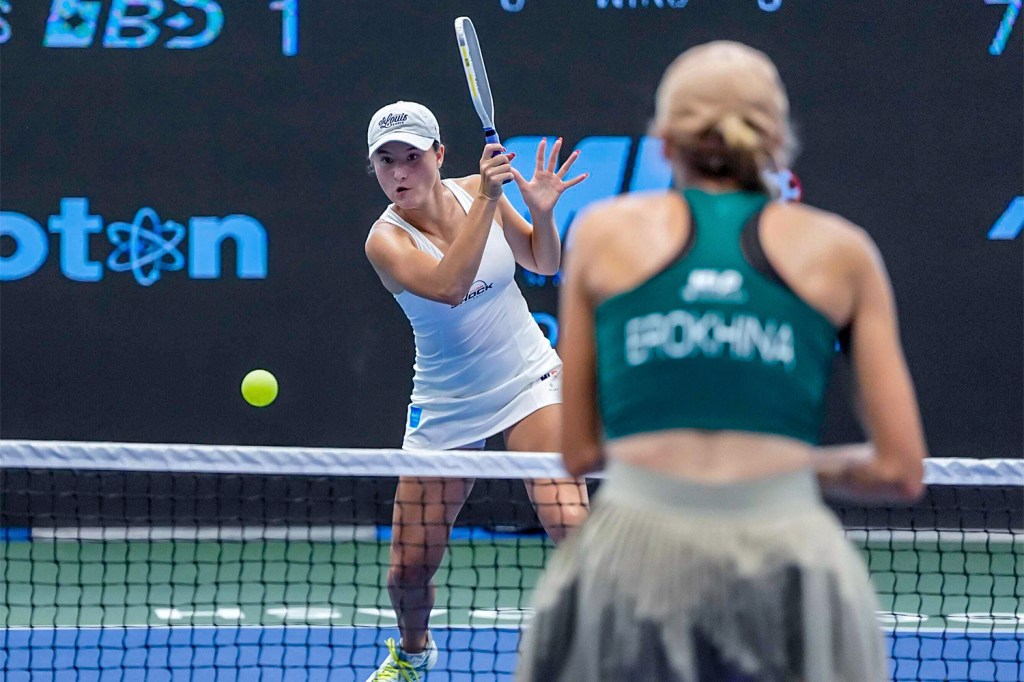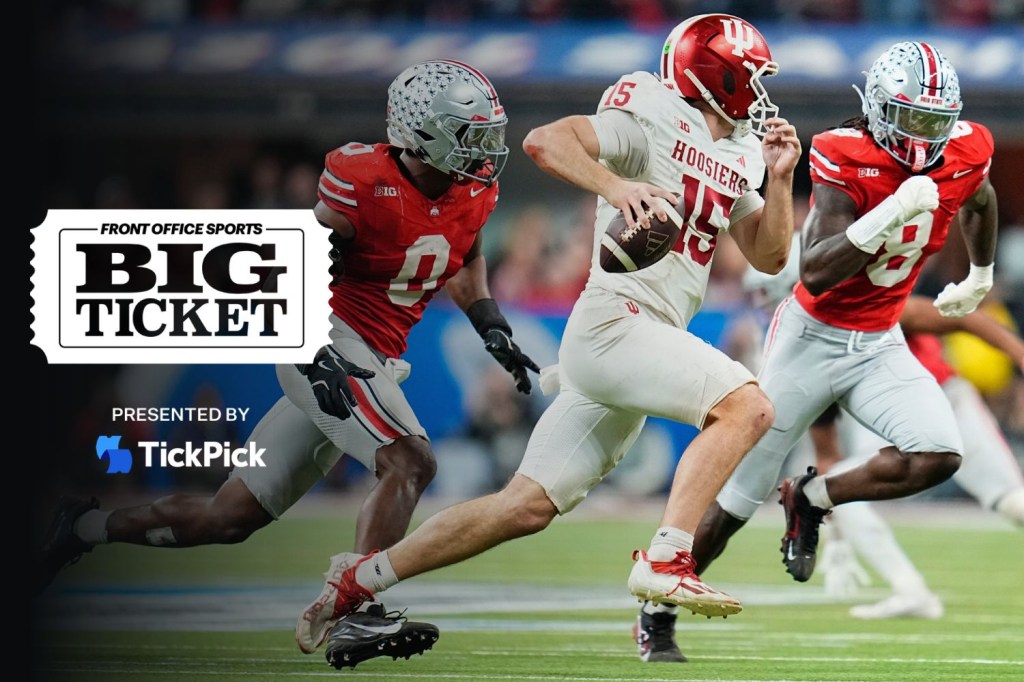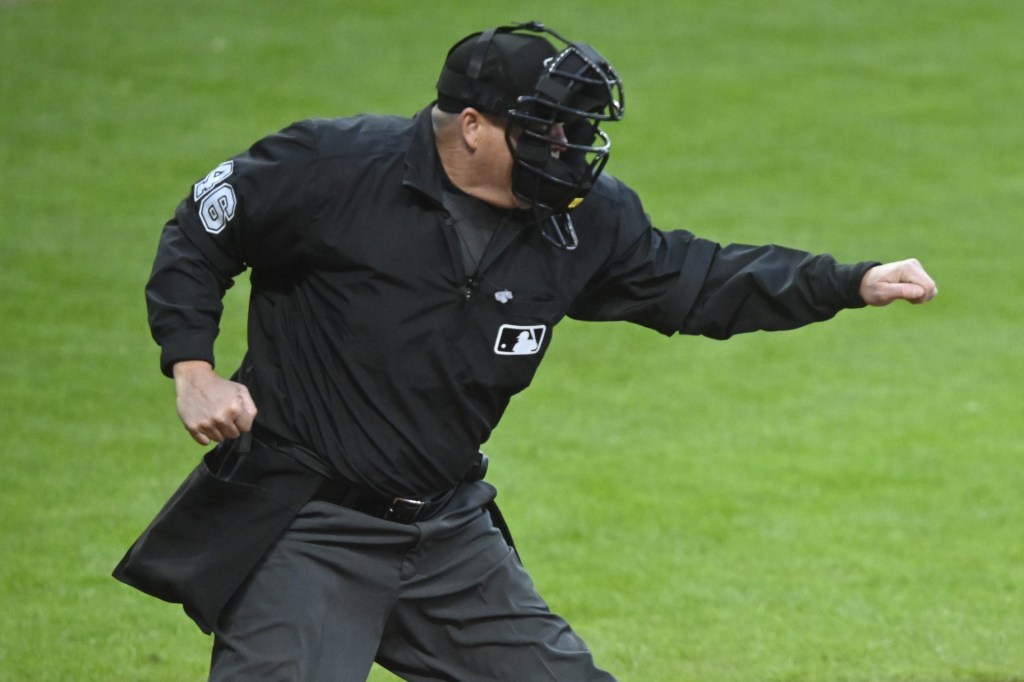U.S. sports franchises are starting to offer proprietary subscription-based fan clubs for remote followers built around exclusive team content and other traditional perks, such as merchandise discounts and the chance for fans to forge niche communities in far-flung corners of the globe.
The strategy takes a page from the European supporters club model used to fuel soccer’s popularity across Asia and North America. Supporters clubs now serve as a key point of contact for Manchester United, Arsenal, and other top teams to grow fan communities worldwide.
North American franchises are starting to take notice.
The NHL’s San Jose Sharks launched their 1991 Club in December after discovering that the team’s remote fan base – both in the U.S. and abroad – was four-to-five times bigger than it is locally, according to Doug Bentz, vice president of marketing and digital.
“We certainly expected strength in the Canadian market and in the U.S. But we also saw a few people in Austria, Italy, and Australia sign up after launch,” Bentz said. “We thought they might’ve been out there, but they surfaced much earlier than we anticipated.”
The 1991 Club currently has 400 subscribers across 33 U.S. states and 14 different countries. Over time, the business is expected to drive six-figure revenue for the organization, Bentz said.
New 1991 Club members choose between one of two membership packages: a one-year option for $25 or a decade-long subscription that costs $199. Fans receive Sharks welcome kits, merchandise discounts, and access to a library of team content that includes podcasts and behind-the-scenes video of players, coaches, and team alumni.
“We did not try to reinvent the wheel on content,” Bentz said, adding that fan interest has surprisingly been evenly split between its annual membership and the ten-year option.
In addition to studying the European fan club model, the Sharks also reached out to fellow NHL team the Vegas Golden Knights early on in the planning process. VGK Worldwide, founded last spring, is the Vegas Golden Knights equivalent to the 1991 Club.
READ MORE: Golden Knights President Takes You Inside the Team’s Culture
The Golden Knights’ unprecedented run to the Stanley Cup Finals in its inaugural 2017-2018 season drew plenty of attention from fans outside of Las Vegas. The team learned from Fanatics, the official retail supplier of the NHL, that consumers in 100 different countries had purchased official team gear that postseason on the third-party website.
“It just clicked for us that we needed to capitalize on this opportunity, leveraging Vegas as a destination and the epicenter of sports entertainment,” Brian Killingsworth, chief marketing officer of the Golden Knights, said. “U.S. franchises are hyper-local. However, we are primed for global growth not only through hockey, but the 40 million visitors to Las Vegas each year.”
The Golden Knights reviewed several English Premier League teams’ supporters models before offering VGK Worldwide memberships for $120 in April 2019, Killingsworth said.
VGK Worldwide has thousands of members around the world, each of whom receives a welcome kit featuring merchandise with logos created specifically for the fan club as well as access to VGK Worldwide’s Facebook page – where exclusive team content is shared. Exclusivity is a key component to the experience.
“In the U.S., fans own season tickets and there is Incredible value in that,” Killingsworth said. “The missing piece is that we generally haven’t expanded that further for out-of-market fans to feel like they’re a member of the team.”
Teams generally struggle to monetize fan support outside local markets, according to Symon Perriman, CEO of FanWide, a Seattle-based company focused on fan engagement with remote team supporters.
FanWide uses its network of 11,000 bars and 25 million U.S. fans to organize watch parties for fans. Revenue earned from bars that host its watch parties and brand sponsorships tied to those events is then split with teams and leagues.
The company’s client base to date includes the Big3, The American Flag Football League, and a number of teams and leagues totaling 15,000 supporter clubs nationwide.
READ MORE: Big3 Facing Growing Pains In Third Season
“We try to create a virtual stadium, extending the real-stadium experience to fan communities,” Symon Perriman, CEO of FanWide, said. “More people are relocating for work to other parts of the country, thereby increasing the amount of remote fans for teams.”
The remote clubs are an opportunity to grow a fan base, with the hope that the following is passed down over time.
“Some of these soccer clubs in Spain, for instance, have had supporters clubs for 100 years,” Perriman said. “It’s a model that has been well proven in soccer. It’s a cult of people that live and breathe the sport.”
